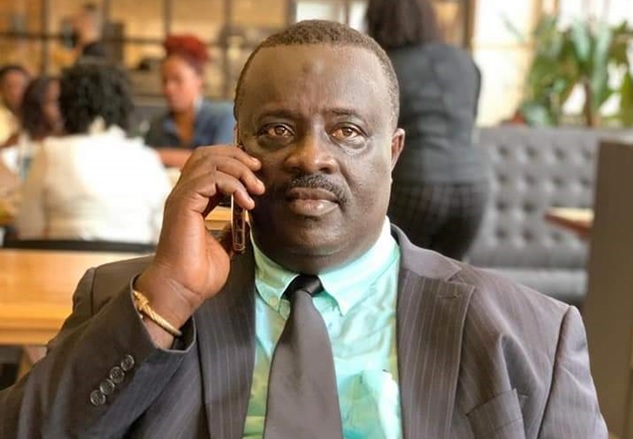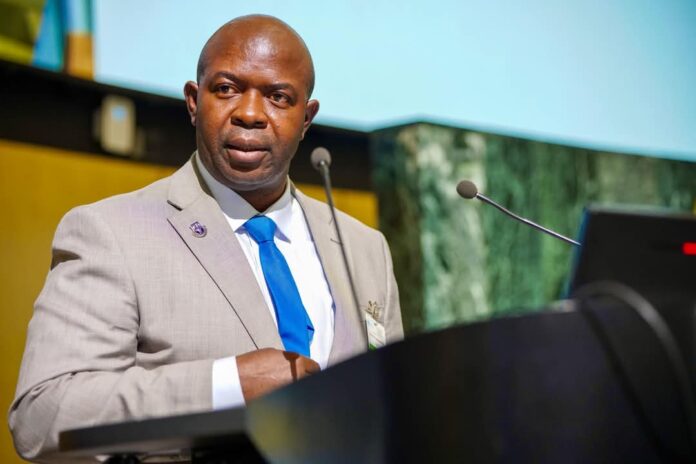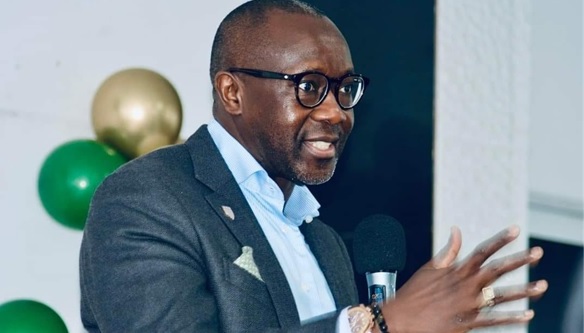MONROVIA, LIBERIA – Minister of Youth and Sports Cole Bangalu has come under intense public scrutiny following his assertion that job creation is not the government’s responsibility. Speaking on the matter, Bangalu argued that those expecting the government to directly generate employment misunderstand its role, which he defined as creating an enabling environment for opportunities.
However, the minister’s remarks have sparked widespread backlash, with prominent youth advocate Vickjune Headliner Wutoh leading the charge. Taking to social media, Wutoh criticized Bangalu’s position, linking his comments to the controversial decision to raise the sector clearance fee for youth-led organizations from $50 to $100. She described this policy change as a financial barrier that disproportionately affects young people striving to contribute to Liberia’s development through entrepreneurship and civil society initiatives.
Wutoh expressed disappointment over the minister’s apparent disregard for her formal appeal to maintain the fee at $50, accusing him of sidelining the interests of Liberia’s youth. She contended that this increase stands in stark contradiction to President Joseph Nyuma Boakai’s ARREST Agenda, which prioritizes youth empowerment and development. “As a representative of the president, Minister Bangalu should align his actions with the administration’s vision, not impose policies that hinder progress,” she argued.
In her critique, Wutoh questioned the rationale behind the fee increase and the authority of the Department of Youth Development, which Bangalu cited as the source of the policy. “Does the department override the ministry’s broader mandate? Where is the accountability, and how does this fee benefit youth organizations?” she asked, highlighting a lack of transparency in the decision-making process.
Wutoh further drew attention to the stark disparity between the cost of a Liberian passport, priced at $40, and the new $100 fee for sector clearance. She described the policy as “insensitive and inconsiderate,” particularly given the economic struggles faced by Liberia’s youth, who often rely on innovative initiatives to overcome high unemployment rates.
She also criticized Bangalu’s focus, arguing that his policies reflect misplaced priorities. “Instead of addressing pressing issues like unemployment or the lack of resources for youth programs, the minister is erecting unnecessary barriers,” she said. While acknowledging that the government may not directly create jobs, Wutoh stressed that it should at least avoid stifling the efforts of young people seeking to create their own opportunities.
The controversy has kindled wider discussions on the Ministry of Youth and Sports’ role in addressing the challenges faced by Liberia’s younger population. Abel G. Kollie, another commentator, noted on social media that Bangalu’s remarks and policy decisions have intensified calls for reform. He emphasized that many Liberians are demanding a shift toward policies that genuinely empower the nation’s youth and reflect the administration’s stated goals.







